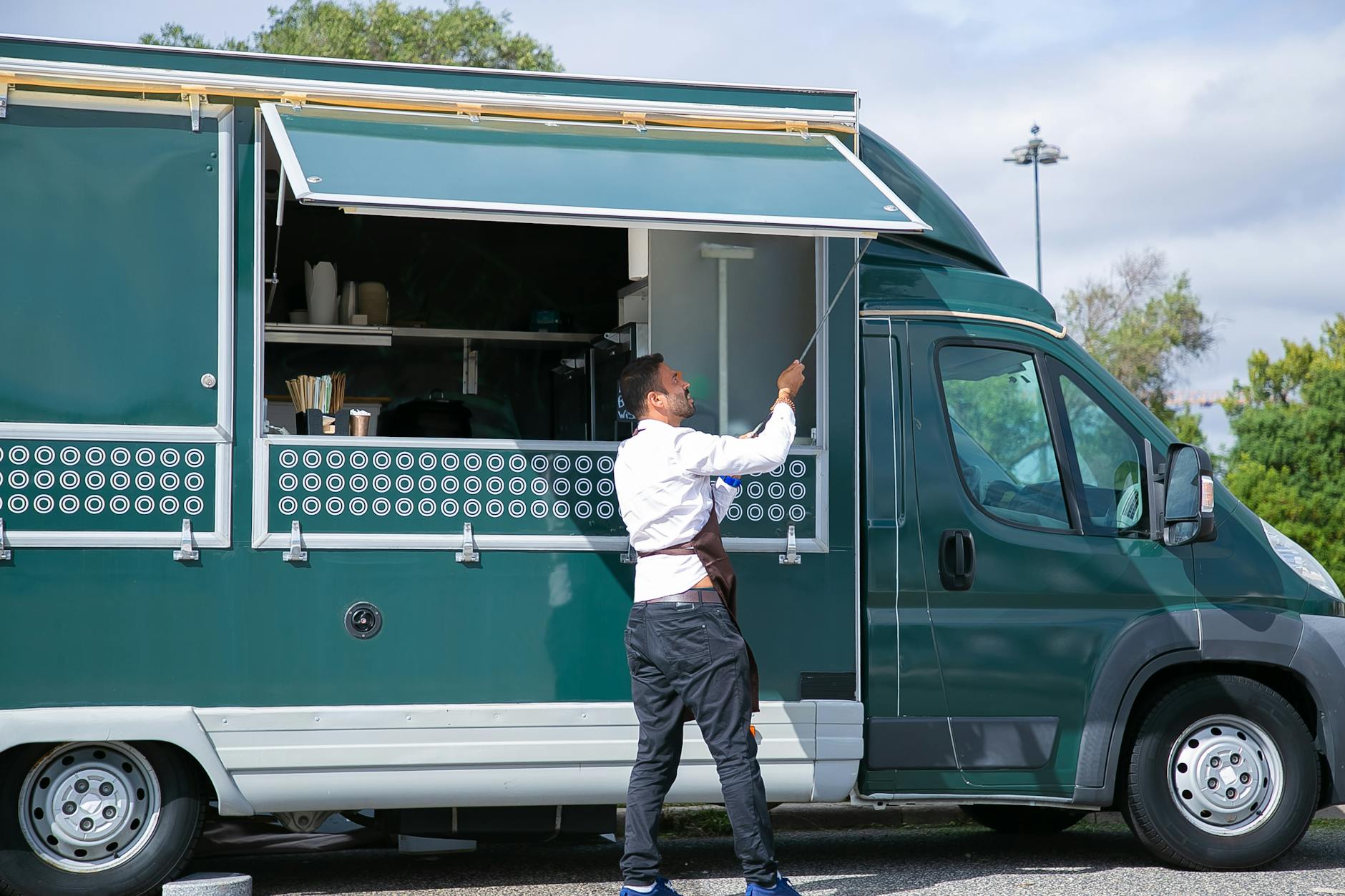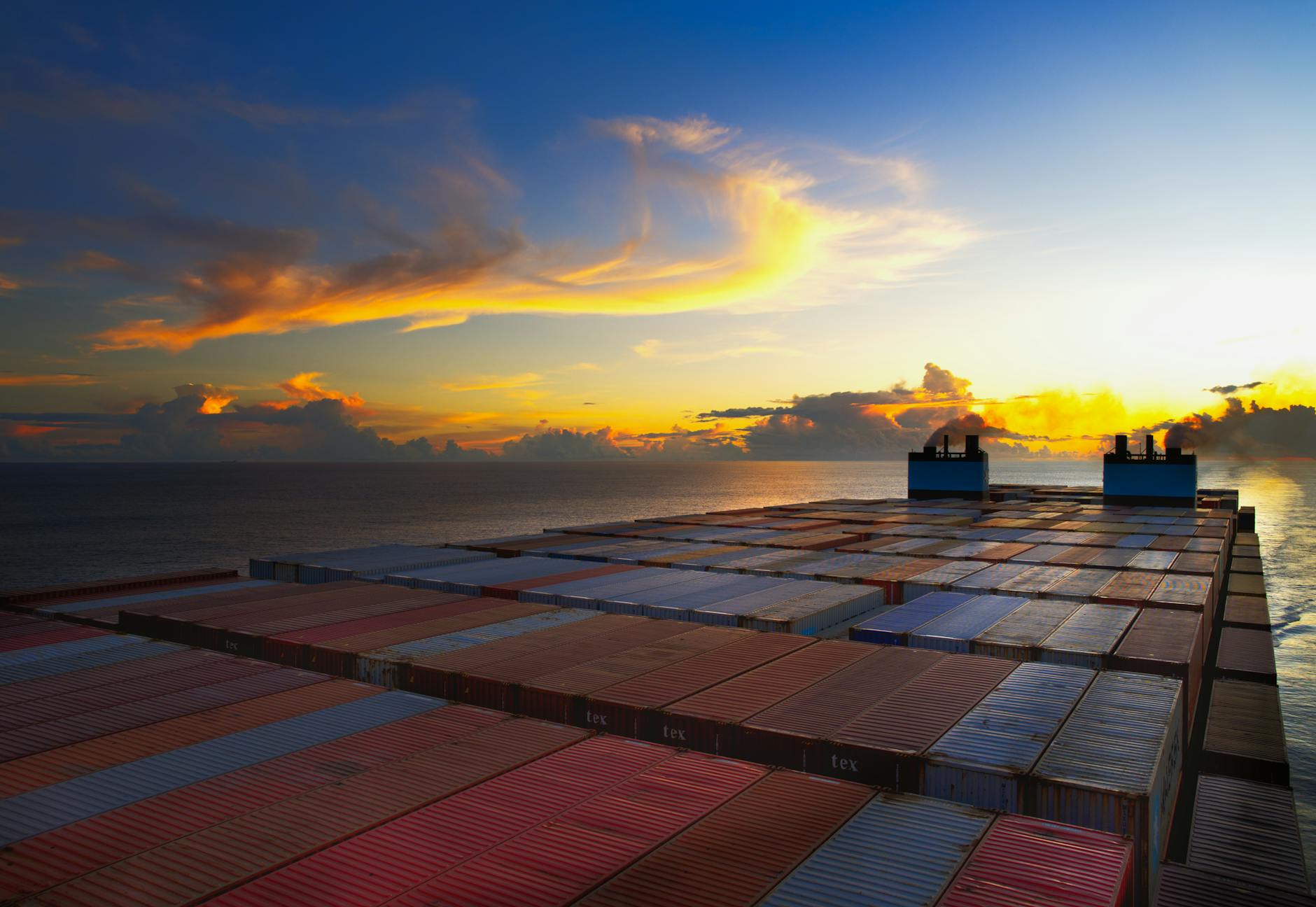Why Australia Is Transforming Logistics Through Eco-Friendly Practices

Embracing Sustainable Logistics
As a sustainable startup founder in Brisbane, I recognize the transformative potential of 3pl logistics in promoting eco-friendly practices. For growing businesses operating out of vibrant hubs like ours, Brisbane Riverwalk's eco-friendly initiatives can serve as a model for sustainable strategies in logistics. These third-party logistics services help small businesses like mine meet increasing demands while remaining eco-conscious.
One pivotal concept in this transformation is ecommerce logistics. It's imperative to choose logistics solutions that incorporate renewable energy, reduce emissions, and utilize green transportation options. At its core, such a strategy means more efficient delivery routes and reduced carbon footprints, all without compromising on timely deliveries and customer satisfaction. Tailoring these solutions to the Australian context, where long distances between urban centres can be a logistical challenge, is key.
Moreover, with third party logistics providers, the availability of sustainable packaging options plays a significant role. Biodegradable and recyclable materials should be the forefront of logistics operations so businesses in Australia can reduce waste and further align with green goals.
Engaging with these logistics innovations not only supports sustainable business growth but also empowers brands to uphold their environmental ethos. It's essential to adopt logistics solutions that resonate with the ideals of sustainability and transparency, ensuring that eco-friendly practices are integral to business operations.
Innovative Technologies Adopted
Electrified Vehicle Fleets
Incorporating electrified vehicle fleets into logistics is not just a trend; it's a necessity for reducing environmental impact. Organisations are making bold shifts by integrating electric vehicles (EVs) into their operations, leading to decreased reliance on fossil fuels and lower carbon emissions. For instance, Brisbane's local companies have embraced EVs as a core part of their green initiatives, similar to projects found along the Brisbane Riverwalk eco-friendly initiatives. These fleets promise not only cleaner operations but significant cost savings in the long run through reduced fuel expenditures and maintenance costs.
AI for Route Optimization
Artificial Intelligence plays a crucial role in making logistics more efficient and sustainable. By enhancing route optimisation, AI minimises fuel consumption and delivery times while maximising productivity. Utilising predictive analytics, companies can assess traffic conditions and identify optimal roads, reducing the overall environmental footprint. Young professionals, particularly those handling fast-growing businesses, are leveraging AI to ensure every delivery remains in line with sustainable practices and green business strategies.
Warehouse Automation
The automation of warehouses has revolutionised how inventory is managed and processed. Implementing smart robotics and automated systems leads to reduced energy waste and increased accuracy in order fulfilment. This technological leap resonates with the ethos of eco-conscious entrepreneurs who aim to lessen their carbon footprint. Collaborating with a 3PL provider that aligns with these sustainable automation practices is key for startups planning to scale operations without compromising their environmental values. These cutting-edge technologies coupled with robust sustainability commitments empower businesses to operate more responsibly within Australia's evolving logistics landscape.
Regulatory Support and Policies
Government Incentives
As a sustainable startup founder in Brisbane, the significance of government incentives to support eco-friendly logistics is not lost on me. Australia's regulatory landscape is progressive, offering tax breaks and subsidies for businesses undertaking green initiatives. These incentives make it financially viable for startups like my own to consider options like a 3PL warehouse Sydney that prioritizes sustainability. By integrating 3pl solutions, it aligns with our dedication to eco-friendly commerce. Moreover, as part of the Brisbane Riverwalk eco-friendly initiatives, such measures showcase a mutual commitment to sustainability between businesses and local authorities.
Industry Standards Compliance
For startups prioritizing eco-friendly strategies, adhering to industry standards is crucial. Compliance not only ensures legal adherence but also strengthens a brand's reputation. Standards such as ISO 14001 guide businesses in implementing effective environmental management systems. This kind of uniformity in following eco-friendly practices guarantees that logistics operations, even something as operational as a 3PL Sydney model, are executed with a lower environmental impact. It's vital to integrate these standards into everyday practices to maintain our pledge to sustainability.
Carbon Footprint Reduction Goals
One of the critical aspects of operating a sustainable business is setting and achieving carbon footprint reduction goals. Transparent and achievable goals help in measuring and verifying the environmental impact. For logistics, incorporating green business strategies such as route optimization and using electrified fleets can significantly reduce emissions. As we work towards these targets, it's important to continually assess the outcomes to ensure that progress is made. These efforts help reinforce our commitment to a greener future, allowing us to make informed decisions that align with our company's ethos and the value we wish to bring to our customers.
Challenges in Implementation
Infrastructure Development Needs
As someone committed to sustainability in logistics, I understand the core challenge lies in developing infrastructure aligned with eco-friendly practices. Australia's vast landscapes present unique hurdles for order fulfilment, especially when integrating green innovations such as electrified fleets or solar-powered facilities. Even from our local successes like the Brisbane Riverwalk eco-friendly initiatives, implementing sustainable logistics on a broader scale requires a reimagined infrastructure network across the country. This involves investing in new technology and boosting connectivity for sustainable solutions.
Balancing Cost and Sustainability
The financial strains of achieving sustainability can often deter businesses, particularly startups, from exploring eco-friendly logistics. The initial investment in renewable energy sources, such as solar panels for a 3pl warehouse or retrofitting facilities with energy-efficient lighting, can be high. However, the long-term savings and environmental benefits can outweigh these costs. As a business owner, you'll need to assess your financial capacity and ensure that your choice of logistics providers aligns with your green business strategies.
Training and Skill Advancement
Adapting to sustainable logistics is just as much about people as it is about technology. Implementing new systems and processes necessitates ongoing training to ensure that employees can effectively manage these eco-friendly tools. In my experience, fostering a culture of sustainability within a business can empower employees to contribute actively to green initiatives. Equipping your workforce with the right skills ensures a seamless transition to sustainable operations, reflecting your dedication to responsible commerce.
Best Practices for Eco-Friendly Logistics
Partner with Green Allies
In Brisbane's dynamic landscape, forging partnerships with green-minded partners fuels the transformation towards eco-friendly logistics. Just as the Brisbane Riverwalk eco-friendly initiatives exemplify harmony between urban life and nature, logistics operations can align with green business strategies to promote sustainability. By collaborating with entities dedicated to renewable resources and carbon neutrality, businesses can amplify their impact. Crafting symbiotic relationships accelerates the adoption of electric vehicles, sustainable materials, and technologies that redefine logistics—echoing the innovative spirit at Plantation House in Sherwood Arboretum.
Conduct Ongoing Sustainability Reviews
A cornerstone of sustainable success is continuous improvement, akin to the sustainable ventures at the Brisbane Powerhouse. Regular sustainability audits provide insights into areas of improvement, ensuring logistics operations remain efficient and eco-conscious. These audits can uncover opportunities to integrate sustainable packaging or optimise energy use, helping businesses reduce their environmental impact while maintaining competitiveness. By internally assessing and adapting systems, I’ve realised that sustainable achievement is a journey of constant learning and growth.
Engage with Local Communities
In advocating for a greener future, engaging with local communities fosters broader support for sustainable initiatives. Mirroring the collaborative efforts seen throughout the Brisbane Riverwalk eco-friendly initiatives, logistics companies can champion projects that benefit both the environment and local stakeholders. Participating in tree planting, supporting eco-educational programs, or facilitating community workshops encourages a shared vision for sustainability. In turn, these efforts empower not only businesses but also the community at large to champion and prioritise sustainability.


